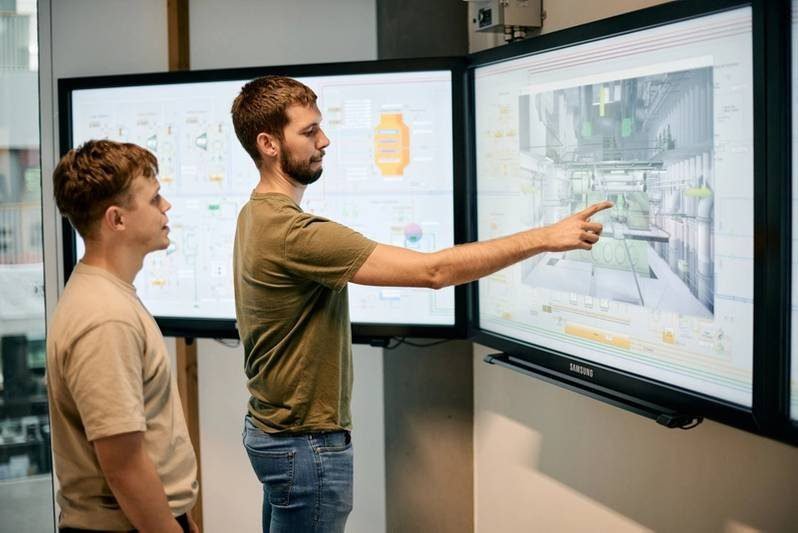Simulation technology in the maritime industry has seen significant advancements, providing immersive, cost-effective, and risk-free learning experiences for training purposes. The development of computer-based simulation technology has revolutionized maritime training, with modern simulators replicating ship handling, navigation, and emergency scenarios with remarkable accuracy. These simulators play a crucial role in feasibility studies, pre-mission planning, and research projects related to autonomous vessel operations and port development, among other areas.
Advancements in simulation technology also support autonomous and remote vessel operations, allowing for virtual testing of autonomous control systems and training operators in new remote control centers. Furthermore, simulation technology is widely used in the optimization and expansion of ports and fairways, enabling developers to test different designs and vessel operations in prospective environments. Additionally, simulators aid in fuel efficiency and emissions reduction studies by supporting decisions on fuel-type selection and power management configuration based on operational scenarios.
The importance of simulation training in maritime education and professional development is emphasized, with institutions utilizing simulation technology to train seafarers and enhance their skills. The continuous evolution of simulation technology is expected to further enhance training effectiveness, safety, and operational efficiency in the maritime industry, providing increasingly immersive learning experiences. As simulation technology continues to shape the future of training in the maritime sector, improvements in safety and operational efficiency are anticipated, driving the industry forward.







